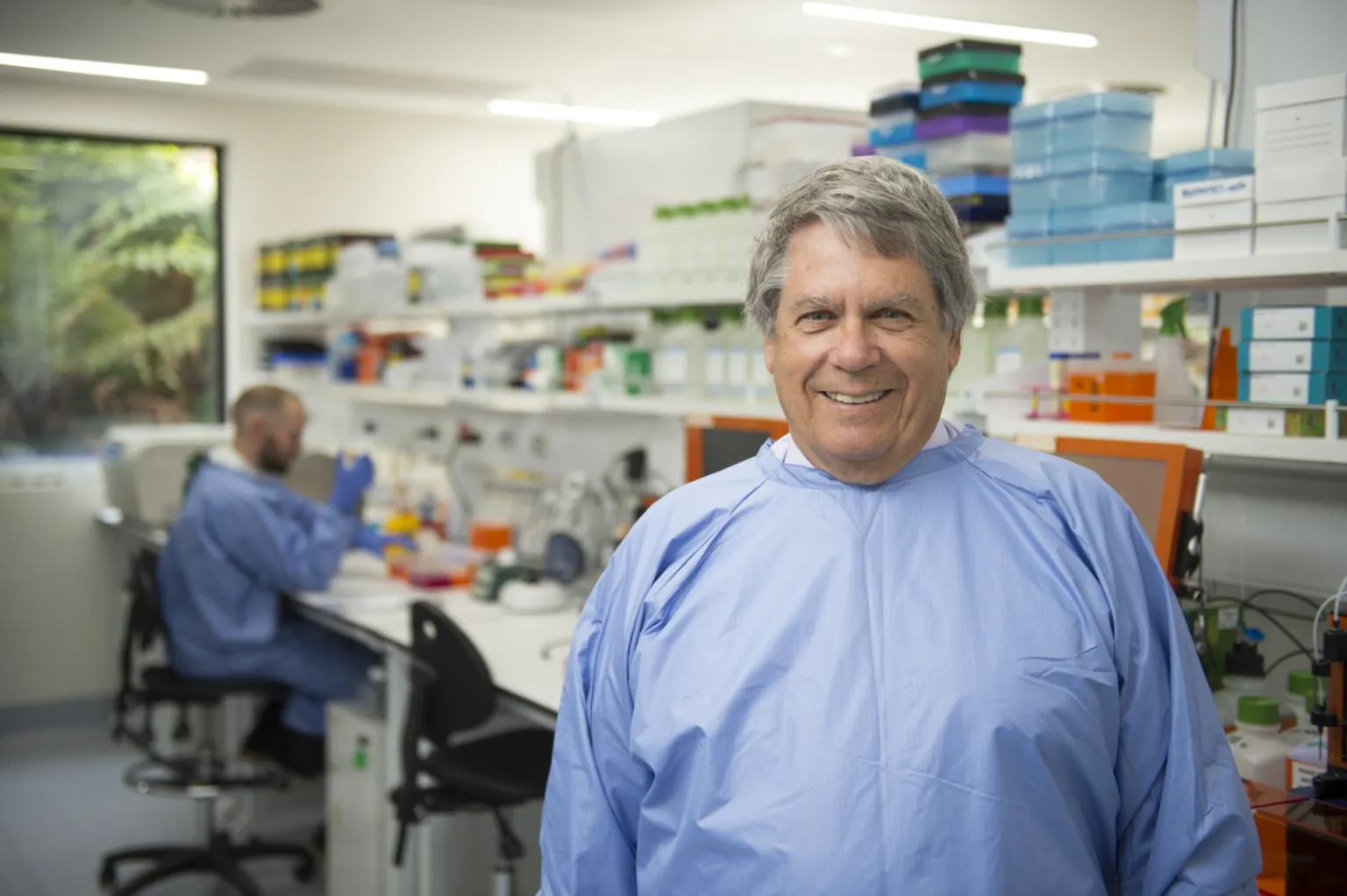
Individual investors have provided drug development company Cartherics with more than $15 million to carry out its first clinical trial of a treatment for ovarian cancer.
The trial is scheduled for next year.
Cartherics chief executive Professor Alan Trounson, AO, said: “The successful capital raising, in times of scant investment support in biotechnology, is welcome and further supports confidence in the company for the delivery of effective therapies in ovarian cancer and other difficult diseases.”
Despite advancements in surgical and chemotherapy treatments for ovarian cancer, survival rates remain very low. This is largely due to late diagnosis and a lack of options for patients who are unsuitable for approved therapies, highlighting the need for new treatment options.
Melbourne-based Cartherics says its lead cell therapy CTH-401 is the only natural killer cell product currently under development that incorporates a chimeric antigen receptor (CAR) that targets the adenocarcinoma specific antigen TAG-72. TAG-72 is a well-validated tumour marker that often occurs in solid tumours including ovarian, gastric, colorectal, prostate and pancreatic cancers.
Tissue culture and animal experiments have shown CTH-401 to be very effective in killing ovarian cancer cells.
Cartherics chairman Bob Moses said: “We are eager to initiate the clinical trial for CTH-401, building on the promising results from out preclinical studies.”
The global market for ovarian cancer drugs was estimated at $US3.5 billion in 2023 and is projected to reach $4.8 billion by 2030. The natural killer cell therapeutics market was valued at $US350.5 million in 2024 and is projected to increase at a consolidated aggregate growth rate (CAGR) of 41.7% to reach $US11.4 billion by 2034.
Professor Trounson is an emeritus professor of Monash University and founded the Monash Immunology and Stem Cell Laboratory twenty years ago.
Working as an embryologist in the 1970s, Trounson introduced two world-first procedures which greatly improved the success rate on in-vitro fertilisation (IVF): the use of a fertility drug to induce multiple ova and the freezing of embryos for future use.
A team including Trounson was responsible for the first IVF birth in Australia in 1980.
Cartherics chief executive Professor Alan Trounson.

